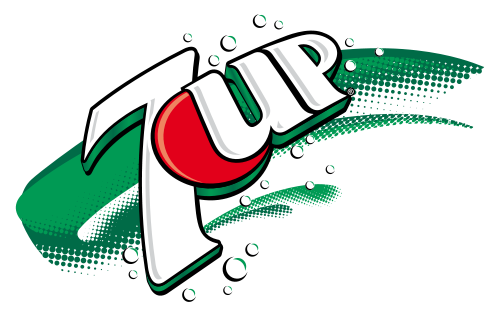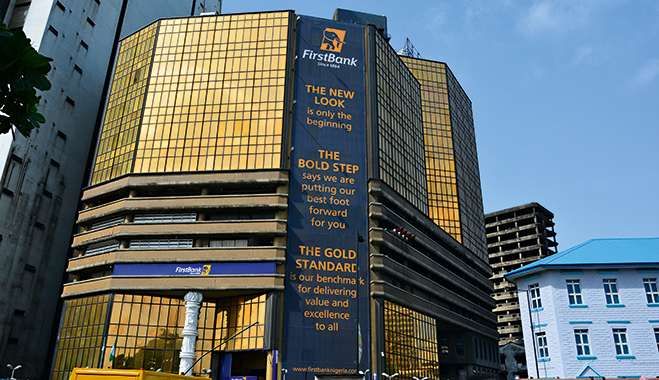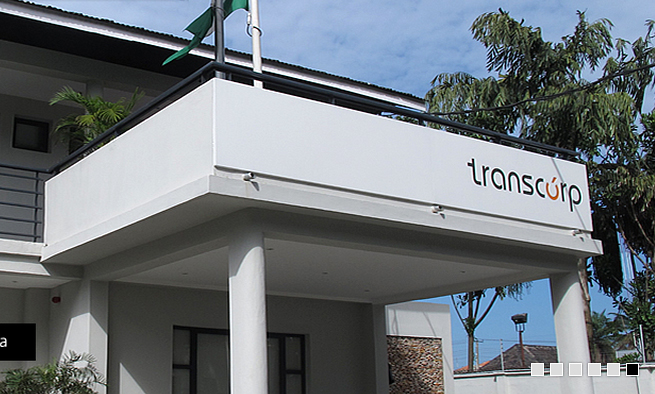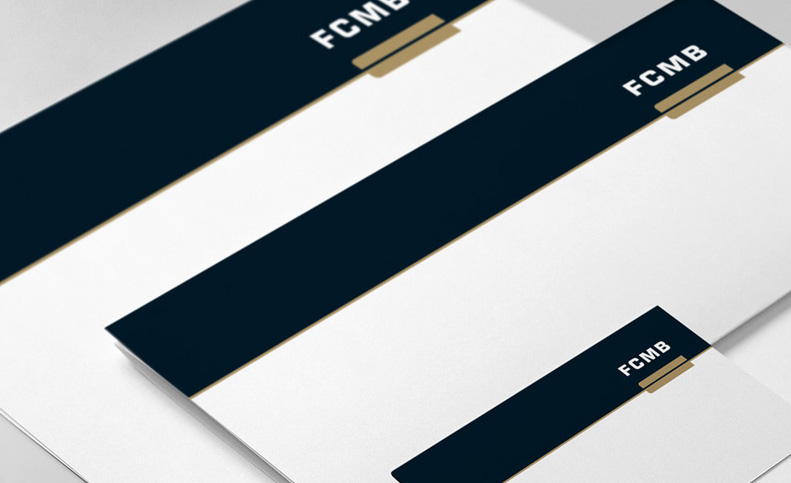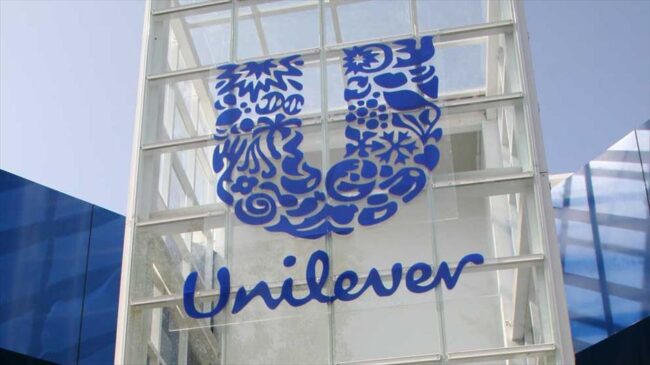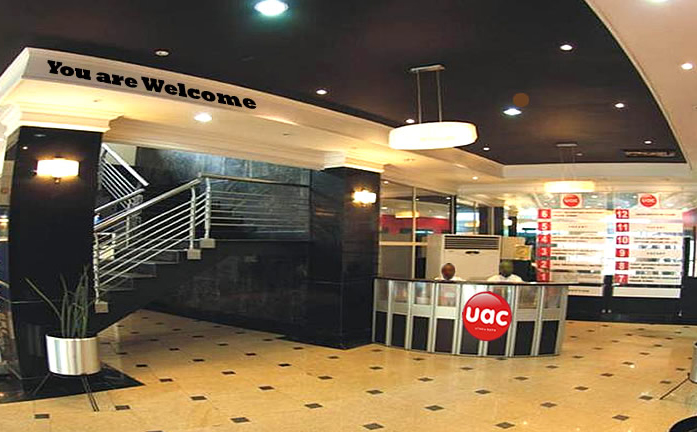Seven Up Bottling Company has experienced high growth in earnings and consistent gains in market share until last year when both revenue and profit sowed down. This year, the soft drinks company is still losing the growth momentum and the slowdown in profit last year may extend to a drop this year. The company resorted to huge borrowings since last year to patch up its cash flow gaps caused by slowly moving sales. Rising cost of debt servicing now stands in the way of growing wealth for shareholders.
Sales revenue is failing to pick up so far and finance charges have swelled up and are eating up a considerable proportion of earnings. Cost of sales is also on the rise, leading to a significant loss of profit margin and a falling profit situation. The company sustained profit growth since 2011/12 financial year but this year looks like the end of the good trend.
The company closed the second quarter trading in September with a moderate growth of 3.7% in sales revenue to N39.57 billion, the lowest growth rate in several years. Sales volume is expected to pick up in the company’s critical selling period, which is the second half. It is expected to close the year with projected sales revenue of N83.87 billion. That will be a marginal increase of 1.7% in turnover for Seven Up Bottling Company in the 2015/16 financial year. The company has maintained stable growth in sales volume until last year when sales slowed down to 5.9%.
A drastic slowdown in sales volume is a general problem facing companies and industries this year. Even food/beverages and other consumer facing companies are feeling the pinch caused by low consumer spending capacity. Actual sales revenue may be better than projected as earnings growth are likely to speed up in the second half.
Advertisement
The challenge for the company this year is that two major cost lines are growing rapidly against the weakness in sales revenue. The dominant cost element is cost of sales, which rose by 14.5% yea-on-year at the end of the second quarter – nearly four times as fast as sales revenue. It claimed an increased share of turnover from 63.3% in the same period last year to 70% at the end of the second quarter.
The rise in input cost resulted in a drop of 15.6% in gross profit to N11.93 billion. Gross profit margin went down from 37% to 30% over the review period. This is a sustaining decline for the second year.
The second cost element that undermined profit capacity in finance cost, which rose by 92.2% to N1.66 billion at the end of the second quarter. The rapid growth in interest cost reflects an equally rapid growth in balance sheet borrowings. Bank overdraft soared by 378.8% to N2.70 billion within the first six months of the financial year. Short-terms borrowings have also expanded by 78.2% to over N14 billion. Rising debt profile is happening for the second year.
Advertisement
Cash flow pressure arising from slowly moving sales warranted the rising borrowings. Change in inventories was the critical factor in a shift from a net cash generated from operating activities of N7.66 billion last year to a net cash utilised in operating activities of N329 million at the end of the second quarter. The company ended the second quarter operations with a net cash decrease of over N2.4 billion. A step up of sales revenue in the second half may ease the company’s cash flow pressure and permit a pull back from the rough road of rising debt.
Management applied drastic cost cutting in the other cost lines to counter the effects of rising input cost and finance charges. A drop of over 25% in selling/distribution expenses and a cut by more than 29% in administrative cost are the indications of a successful cost management initiative. The effort enabled the company to prevent a more rapid drop in profit than actually recorded in the second quarter.
The company reported a net profit of N1.82 billion at the end of the second quarter, which is a drop of 26.6% year-on-year. Based on the growth rate in the second quarter, after tax profit is projected at N3.98 billion for Seven Up Bottling Company at full year in March 2016. That will be a drop of 44% from the full year after tax profit of N7.13 billion the company posted in March 2015. It had grown profit by 11% in the 2014/15 financial year.
Profit growth is likely t pick up in the company’s second half and the full year actual position may turn out better than projected. Of its full year profit of N7.13 billion for the preceding year, only N2.48 billion or less than 35% was earned in the first half.
Advertisement
The ability to convert revenue into profit has weakened on account of rising costs. Net profit margin is down from 6.5% in the same period last year to 4.6% at the end of the second quarter. The company ended last year’s operations with a net profit margin of 8.6%.
The company earned N2.84 per share at the end of the second quarter, a drop from N3.87 in the same period last year. Earnings per share is projected at N6.21 for Seven Up Bottling Company at full year. The company earned N11.10 at the end of the prior financial year. It paid a cash dividend of N2.50 per share for the year and has maintained regular dividend payment in recent years.
Add a comment

